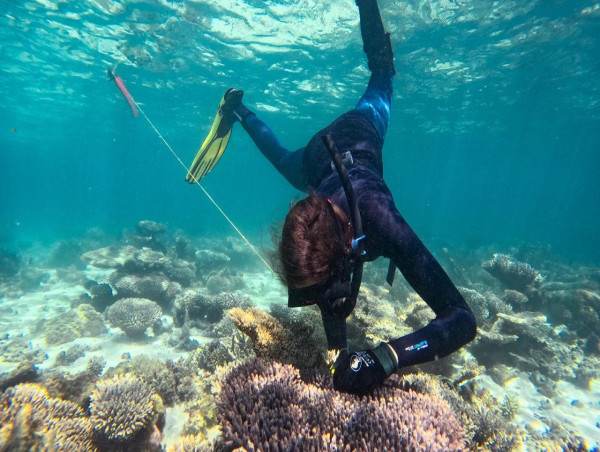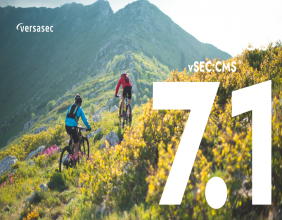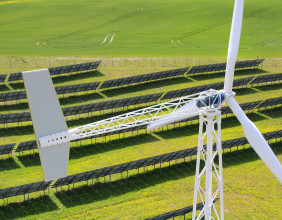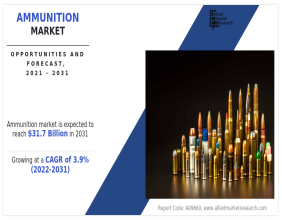Scientists are breeding extra-tough coral at Western Australia's World Heritage-listed Ningaloo Reef in a bid to beat climate change-induced mass bleaching.
Rising sea temperatures and devastating mass bleaching have significantly impacted coral on the Great Barrier Reef multiple times over the past 25 years.
It is predicted to also increasingly strike the pristine Ningaloo Reef off the North West Cape peninsula in coming years, with some conservationists warning it is already happening.
A team of 10 Australian and international researchers are working to cross-breed Ningaloo corals that will have a higher chance of survival in warmer waters.
"This technique is known as assisted gene flow," molecular ecologist Kate Quigley said on Thursday.
The team has chosen male and female coral of the same species during mass spawning events for a selective breeding program.
"We're able to identify tough mums and dads to try and get tough babies that can survive better under warming conditions," Dr Quigley said.
The coral is harvested at various sites along the more than 300km-long reef based on water temperature.
"We try and find sites that are really warm and highly variable, and that's where we find our heat-tolerant corals," Dr Quigley said.
The specimens are then transported to a research laboratory near Exmouth to breed.
Once the coral spawns, the larvae are put through a series of experiments to find those able to withstand high temperatures.
Researchers then work to identify what genes are responsible for their ability to cope with warmer waters.
Coral bleaching happens when the water is too warm, causing the coral to turn white as the nutrients inside them are expelled, leaving them vulnerable to disease and starvation.
The frequency, intensity and area of heat stress causing coral bleaching is increasing over time, as global warming intensifies.
Successive coral bleaching events will eventually lead to reef death because it takes a decade for the fastest corals to recover.
Scientists warn this will have run-on effects for the creatures living in the habitat, and local tourism industries.
The Australian Institute of Marine Science has been monitoring mass bleaching throughout the Great Barrier Reef since the early 1980s, and reefs in Western Australia since the early 1990s.
Mass bleaching events on the Great Barrier Reef have been documented with full-scale surveys in 1998, 2002, 2016, 2017, 2020 and 2022.
In WA, mass bleaching on Kimberley reefs has historically occurred during El Nino conditions, and La Nina conditions for reefs further south, although that separation has broken down in recent years.
The first recorded warm-water coral bleaching at Ningaloo was in 2010 to 2011.
In 2021 and 2022, sea surface temperatures in the state remained in the highest 10 per cent of observations since 1900.
Severe bleaching was observed in parts of the Pilbara region, and minor coral bleaching was recorded in the Kimberley and Ningaloo reefs.
The full extent of bleaching during this and other heatwaves is unknown, given the vast and remote nature of the region. However, the Australian Marine Conservation Society documented evidence of bleaching at Ningaloo in 2022.
The Ningaloo Marine Park in the northern Gascoyne region is one of the longest fringing reefs in the world and is one of two coral reefs to have formed on the western side of a continent.
It has become an increasingly popular tourist destination in recent years, with many areas of the reef only five to 10 metres offshore.




